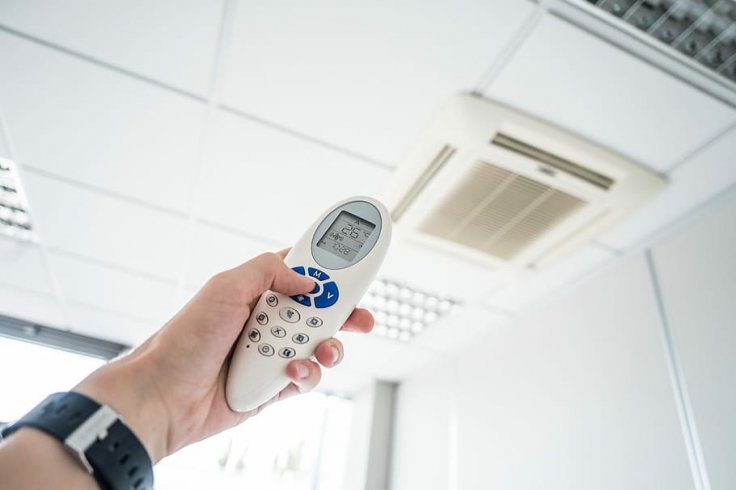A research team, involving Indian and German experts, conducted a study on the role of humidity in terms of transmitting infection. At the end of the research, they found that dry air and the air-conditioned room can help spread the Coronavirus.
As many countries are revoking lockdown measures, reopening schools, and offices such findings have shown how challenging the situation would be. The Indian-German researchers said, "The role of humidity seems to be extremely important to the airborne spread of COVID-19 in indoor environments."
Risk Related to Air-Condition Rooms

As per the study which was published in the website of Germany's Leibniz Institute for Tropospheric Research (TROPOS), the researchers had reviewed 10 international studies of swine flu and other infectious diseases such as Middle East Respiratory Syndrome (MERS) to gain more knowledge about the how novel Coronavirus can spread. They understood that humidity affects a virus in three ways, such as size, how droplets float, and then land on the surface.
As per the World Health Organization (WHO), a well-maintained and operated "Heating, ventilation, and air-conditioning (HVAC) system" can reduce the spread of SARS-CoV-2 in indoor spaces by "increasing the rate of air change, reducing re-circulation of air and increasing the use of outdoor air."
However, as per the team of Indian-German researchers who released their new findings of air-condition rooms, inside humid rooms, the virus droplets become heavier which makes it fall faster on the floor. So, the humid rooms create less-chances for people to breathe in infectious viral droplets.
But, as per the researchers, the dry air makes the viral droplets shrink and let them hang around. The scientists claimed that this creates an "optimal route" for transmission. Ajit Ahlawat, one of the researchers involved in this new study said that "Dry air also makes the mucous membranes in our noses dry and more permeable to viruses."
Researchers said to reduce the risk of Coronavirus transmission a room should have a relative humidity of 40 to 60 percent. Earlier also many experts have advised people to keep their windows open, which will reduce the risk of spread of the virus. The India-German research team also found that it will be useful if governments can include these recommendations in any health guidelines.
Schools Reopening Risk

Apart from wearing masks and maintaining social distancing, the scientists are urging schools as well as schools to remain closed. Even though many studies have shown the risk of spreading Coronavirus by children, many schools in the U.S. have already started to open.
While early reports did not find strong evidence of children as major contributors to the deadly virus, more recent studies are starting to show how contagious infected kids, even those with no symptoms, might be. Dr. Alessio Fasano, director of the Mucosal Immunology and Biology Research Center at Massachusetts General Hospital and author of a new study said, "Contrary to what we believed, based on the epidemiological data, kids are not spared from this pandemic."
The researchers have found that infected children have a significantly higher level of virus in their airways, compared to adults hospitalized in intensive care units for SARS-CoV-2 treatment. They also said that high viral loads were noticed in infants through young adults.









